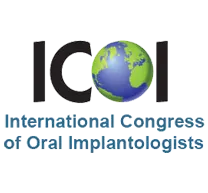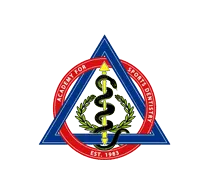Dry Mouth: Causes, Effects, and Treatment
Dry mouth, medically known as xerostomia, is a condition where the mouth lacks sufficient saliva, often causing discomfort. Although more common with age, it can stem from various factors, including changes in bodily functions. Breathing through the mouth instead of the nose can also increase the risk of dry mouth.
While occasional dry mouth is manageable, persistent dryness can lead to serious health issues. Chronic dry mouth may result in mouth sores, cracked lips, increased plaque buildup, and a higher risk of tooth decay and gum disease. Nutritional problems can also arise due to reduced saliva's hindrance in breaking down food during consumption.
Understanding Dry Mouth:
Dry mouth or xerostomia entails a dry, sticky sensation in the mouth due to inadequate saliva production. Temporary dry mouth can be caused by stress or anxiety, posing no significant concern. However, chronic dry mouth often signals underlying health problems that could lead to dental damage or tooth loss. Age-related changes, such as decreased tolerance to medication side effects, can contribute to dry mouth.
Various Causes of Dry Mouth:
The causes of dry mouth are diverse and encompass factors like stress, anxiety, dehydration, certain medications (both prescription and over-the-counter), smoking, alcohol consumption, radiation therapy, diseases, infections, nerve damage, and drug abuse. Autoimmune disorders can also contribute to this condition.
Effective Dry Mouth Treatment:
Addressing dry mouth is crucial, even if it seems occasional. Staying hydrated is key, so drink water throughout the day to prevent dehydration and its associated risks. Chewing sugarless gum, reducing salt, sugar, and caffeinated beverages, and avoiding tobacco and alcohol are simple yet effective strategies. Nonprescription saliva substitutes are available over-the-counter to alleviate dry mouth symptoms.
While some recommend ice cubes or sugarless candy, these can harm your teeth. If home remedies don't suffice, consult a professional. Persistent dry mouth may indicate a deeper health concern. A physician or dentist can diagnose the root cause and offer tailored treatment.
Prioritize your oral health and overall well-being by managing dry mouth effectively. Contact a healthcare professional to determine the appropriate steps for your condition.





